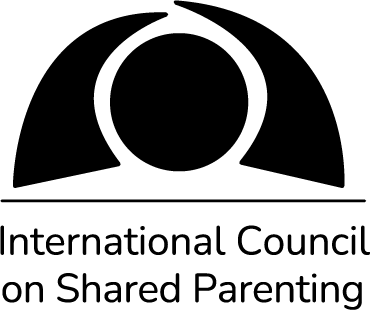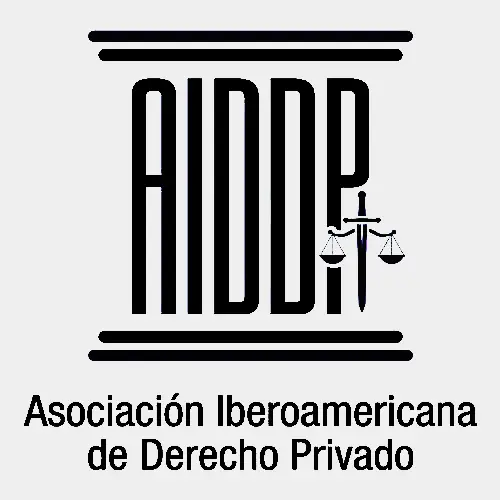By Patricia Anzoátegui and Rubén Melloni Anzoátegui
This book is a breath of air in the midst of many prejudices, preconceptions, and stereotypes. It sheds light where there is darkness. It shows us and reveals situations that are generally not observed or are seen in a collateral way and presents arguments and empirical evidence that are essential for a comprehensive approach to childhood and a happy childhood. The cases presented show us particularities that allow us to observe generalities, and it urges us to put the magnifying glass on methods and mechanisms that need to be reviewed, corrected and oiled in order to fulfil the rights of children and adolescents.
The scaffolding and legal architecture is not always designed with them in mind, and they are the most vulnerable links. On the contrary, the system favours those it finds more or less credible, because of gender empathy, or, failing that, because of growing precepts as to what is the healthiest and best administration and protection of rights. The basic principle that governs a happy childhood is that it can be lived to the fullest, surrounded by all those who are necessary participants in the life of each child.
Hyenas is a book that seeks to show facets that are not always visible, rather hidden, but growing, in a titanic task ahead, which is the preservation of the rights of those who really need to be cared for.
In family law, the obstruction of ties has become a problem that, despite legal activity that has tried to prevent it, is still occurring exponentially. The emphasis that the book places on the dark side of separation between adults is key to understanding how, through this, many children are dragged into other separations.
A key issue raised in the book is the urgent and imperative need to use validation criteria for gesell chamber interviews in the provinces, as in the city of Buenos Aires.
It is also necessary to update and invest in family courts, which are increasingly overwhelmed by the problems that fall under their jurisdiction. They should update and strengthen the auxiliary arms on which the judges rely to resolve their cases. It is necessary to strengthen, increase and train all of them so that they are quantitatively better and more robust, quantitatively more able to deal with the growing and complex problems related to children.
There is an urgent need to put a lot of resources there, to focus on getting there sooner, to deal with the conflict in time, to ensure that the judicial deadlines are short and swift, because everything is urgent. In the family, every day counts, and the system must be in place to ensure that every day a parent loses with their child has a reason and is justified.
For all of the above reasons, a different budgetary system must be devised to retain the best specialists in the criteria for validating testimonies and in the building structure necessary to deal with the problem in a timely manner.
The burden of proof cannot be reversed as it is done and as the judicial process is being carried out in practice in these matters, in these times, the principle of innocence must be guaranteed. The principle of innocence and the preservation of the integrity (of the minor) of the child must be guaranteed in both cases. One cannot be guaranteed without the other. And indeed, in order to reach quicker conclusions, the process needs to be faster and the terms need to be more peremptory, a more comprehensive view and a more comprehensive review of the process is needed so that the investigations are quicker, faster, because the emphasis must be placed on this childhood, which must not be stolen, it must be preserved, so that we can effectively say that the rights of children and adolescents are guaranteed.
It is not important who denounces, but what they denounce. People are not judged, facts are judged, and this is not always made explicit in this type of situation, where the burden of proof is often reversed and where in the end it is necessary to explain that something did not happen when the system is prepared to justify why it sentences such and such a thing.
Beyond that, and having said that, much more resources must be put into a growing problem that is overcrowding the courts, which is generating a growing critical mass of litigation that will ultimately end up being concluded at the wrong time, producing irreparable damage and where the legal truth will not resolve any of the damage that is effectively caused by the delay in applying the law.
The book is an invitation to the different actors involved in children's issues to observe, read, take into account, consider, do not miss the opportunity to get an indispensable reading, in addition to any existing bibliography, regarding the growing cases that also exist, in a pressing problem and whose damage is being generated mainly in the most vulnerable.
Paulino Rodrigues






